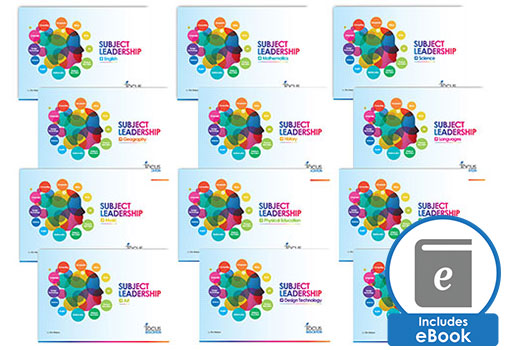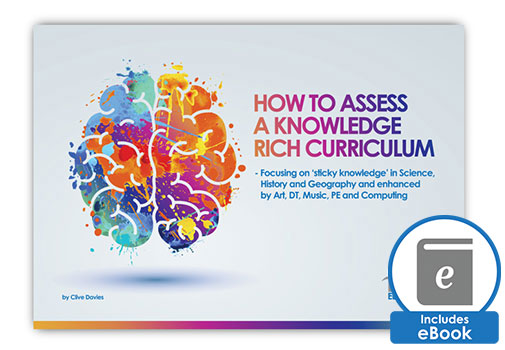
Are we making effective use of the technology in our classrooms? Have our schools made it to the 21st century or are they stuck in the early 90s?
From the very first moment that I started to work in a school, I was amazed by the IT suites and how futuristic they looked. An entire bank of machines, purpose made for education, to enhance teaching and learning. Having recently completed a City and Guilds in PC Maintenance and Upgrade I felt quite knowledgeable on the subject and was even asked to create a small training video for the Local Authority. Little did I know that this was the first step towards age, not ability, being the defining factor when choosing who led ICT. Too often I hear stories of how NQT’S are asked to lead the subject because ‘Oh you’re young so you will be good with computers’. This when coupled with a ‘Can you just come and look at my board, it’s not working?’ Has led, in my opinion, to a massive underutilisation, and importance, placed on the technology that we now have at our fingertips.
I currently lead training based on the ethos around technology in primary schools, and the potential of technology in our classrooms to link every subject or key skill we teach. As I sit and ponder on how far the technology in our education system has come, I am left with an overwhelming feeling that we still don’t take full advantage of technology and our schools and pupils are being held back because of this.
Talking to staff about the use of technology in the classroom
When I am first introduced to a new school, I ask if technology is used in classrooms and around the school, by pupils and teachers. My most frequent responses are:
- Of course, my interactive whiteboard is on all day.
- Yes, we do lots of research and take pictures.
- Yes, we make PowerPoints and type our work up on Word.
My thoughts in this…
- Interactive whiteboards have been around for a long time now and as recently as last month, a tool that I used to create a quick spotlight was met with gasps from the children! ‘We’ve never ever seen that used before!’ With the introduction of newer interactive panels, the ability to allow small groups of children to complete tasks together but rarely have I seen this in practise.
- With the introduction of tablets in schools, we now have a vast array of possibilities in terms of how we can integrate technology in to our curricula and yet so often, there is no functional improvement over the design of tasks or use from laptops.
- As for point 3, I applaud those that use Office applications to communicate work. However, with a few simple tweaks and matching purpose to product, I believe so much more can be achieved.
But can I really blame teachers for this underutilisation of technology within their schools? The pressures that they are under and the recent changes in education has meant that it is nearly impossible to prioritise learning how to make the most of technology, over the day-to-day necessity to teach English and maths, and moreover, produce statistics to show that have been taught to a sufficient standard. It may be a step too far, even though the rewards may ultimately help them to achieve both.
I remember something that Belle Wallace, the developer of TASC (Thinking Actively in a Social Context) said to me about technology which perfectly sums up the situation for many members of staff in schools.
“Children are native to IT and we are all immigrants in their world.”
In many cases, I have heard teaching staff exclaim that technology is not for them because ‘they can’t do it.’ I question whether it is the attitude of those learning, rather than difficulty of the material in front of them. In the same way that we have been asked to learn and teach grammar, are we not able to apply the same methods of learning to understanding technology?
There are many schools that I have visited that have embraced the use of technology in their classrooms and I imagine have seen the benefits of using it to link together all aspects of learning, and give their pupils the tools that will ultimately be more valuable to future employers as well as a more well-rounded skill set. It is predicted that there will be close to 2 million jobs in the computer science industry by 2020 but only a quarter of that number of graduates to fulfill those roles, if current trends are to be believed. Is it remiss of us to not start teaching those skills as early as possible?
Embrace the tools of technology
I strongly believe that if we embrace the tools that many schools already have at their disposal, and learn to implement them in all aspects of teaching and learning, we can provide a more relevant engaging opportunities that will contribute to a truly 21st century curriculum.
Continue the Conversation on ICT and technology in primary schools:
If you would like to continue the conversation about ICT and technology in the primary schools, you can find me on Twitter:@ICTUP or alternatively contact the Focus Office on 01457 821 818. If you would like to enquire about inset consultancy related to technology and ICT, please click here.
Related Products
Umesh works as an independent computing consultant, providing support to a range of schools. He has previously taught in challenging primary schools, for 11 years, prior to taking up his current position, which he has held for the past 6 years. Umesh has developed Computing as a vehicle to promote writing across subjects, and has showcased several projects that he has developed to enhance a creative curriculum. He can provide practical, solutions-based advice and support for schools wishing to use technology to unlock their own creative approaches.









